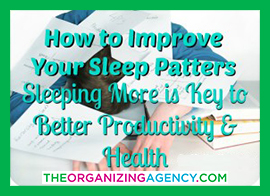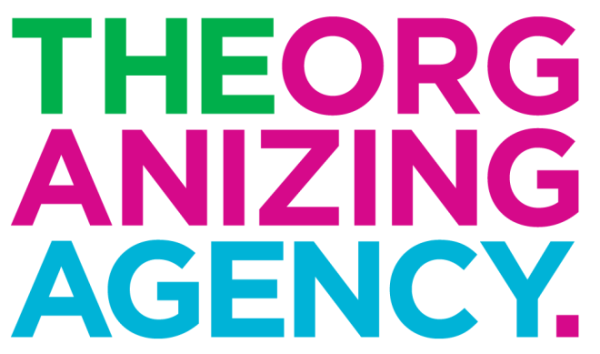 Everyone knows that sleep is critical to good health, but did you know that skipping sleep to pack in an extra hour or two of work done is actually counterproductive? If you want to get more done during the day, you can start by getting more shut-eye at night.
Everyone knows that sleep is critical to good health, but did you know that skipping sleep to pack in an extra hour or two of work done is actually counterproductive? If you want to get more done during the day, you can start by getting more shut-eye at night.
Poor sleep habits can reduce your productivity in many ways. It robs the brain of the time it needs to do its most crucial restorative work, which translates to poorer memory function, concentration, and diminished learning capacity, all of which reduce your productivity.
But how much sleep is enough? If you’re thinking the six hours you snagged last night was sufficient, think again. The National Institutes of Health reports that although sleep requirements do vary for everyone, the average adult needs 7.5 to 9 hours to bring their A-game during the day, so chances are you’re used to operating at less than full throttle.
You may not recognize the subtle signs of chronic sleep deprivation, but if you answer “yes” to any of the following questions, then you’re probably not getting enough sack-time:
- Do you fall asleep as soon as your head hits the pillow?
- Is it impossible for you to wake up without an alarm?
- Do you hit your snooze button every morning?
- Do you feel sleepy during your afternoon activities?
- Do you feel the need to nap after meals?
- Do you get sleepy when you’re driving?
- Do you look forward to the weekends so you can “catch up” on sleep?
- Do you fall asleep in front of the television or at the movies?
You may experience any number of symptoms if you’re suffering from chronic sleep deprivation, such as fatigue, irritability, reduced creativity, inability to cope with stress, weight gain, indecisiveness and increased susceptibility to colds or infections. All of these will reduce your productivity as well as your quality of life.
If you have trouble sleeping, it is advised that you keep a sleep journal to track your patterns and habits. They can be very helpful in determining which behaviors are the most disruptive, and how you can adjust them to ensure better sleep and increased productivity. Of course, now there are plenty of online tools to help you track your sleep. Check out this comparison of apps to find one that works for you.
As you begin to take control of your sleeping habits, you can start to reduce the effects of too little sleep by scheduling afternoon power naps… the longer, the better! Sleep researchers at the University of California determined that napping for an hour to an hour and a half improved memory function as much as a full eight hours of sleep. Even grabbing a 20-minute catnap in the afternoon is more of a boost than staying in bed for an extra 20 minutes in the morning. Skip the snooze button and put naptime on your calendar instead, preferably about 8 hours after you wake up, when most people experience a significant dip in energy.
Recognizing, understanding and reversing your chronic sleep deprivation will boost your mood and help you get more done in less time, because you’ll be functioning at maximum efficiency both mentally and physically. Leave a comment below and tell us what do you find to be the greatest obstacle to a good night’s sleep, and how you plan to overcome it.

